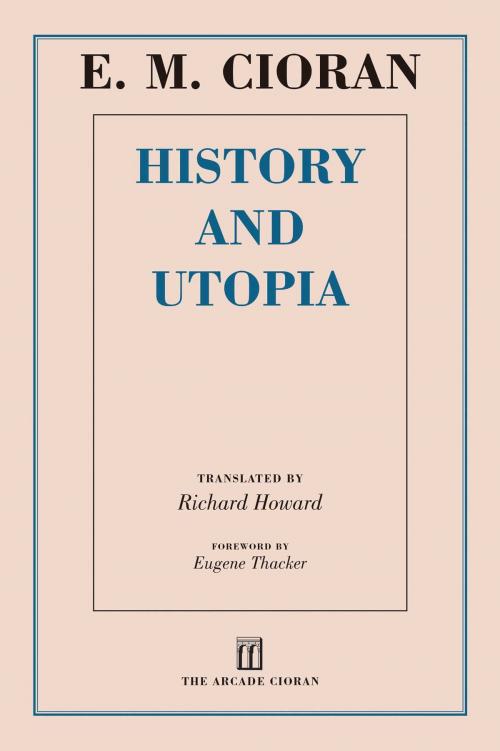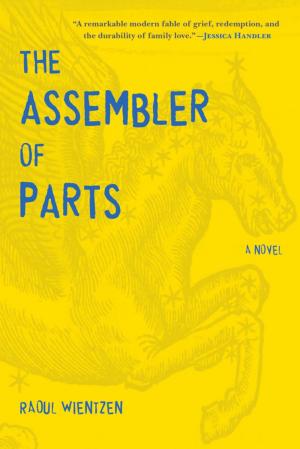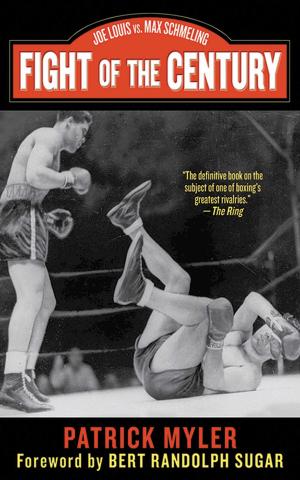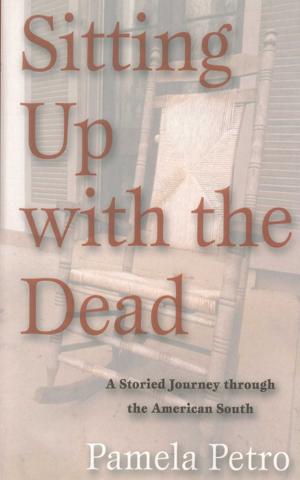History and Utopia
Fiction & Literature, Literary Theory & Criticism, French, Nonfiction, Religion & Spirituality, Philosophy, Modern| Author: | E. M. Cioran | ISBN: | 9781628724660 |
| Publisher: | Arcade | Publication: | January 20, 2015 |
| Imprint: | Arcade | Language: | English |
| Author: | E. M. Cioran |
| ISBN: | 9781628724660 |
| Publisher: | Arcade |
| Publication: | January 20, 2015 |
| Imprint: | Arcade |
| Language: | English |
“Only a monster can allow himself the luxury of seeing things as they are,” writes E. M. Cioran, the Romanian-born philosopher who has rightly been compared to Samuel Beckett.
In History and Utopia, Cioran the monster writes of politics in its broadest sense, of history, and of the utopian dream. His views are, to say the least, provocative. In one essay he casts a scathing look at democracy, that “festival of mediocrity”; in another he turns his uncompromising gaze on Russia, its history, its evolution, and what he calls “the virtues of liberty.” In the dark shadow of Stalin and Hitler, he writes of tyrants and tyranny with rare lucidity and convincing logic. In “Odyssey of Rancor,” he examines the deep-rooted dream in all of us to “hate our neighbors,” to take immediate and irremediable revenge. And, in the final essay, he analyzes the notion of the “golden age,” the biblical Eden, the utopia of so many poets and thinkers.
“Only a monster can allow himself the luxury of seeing things as they are,” writes E. M. Cioran, the Romanian-born philosopher who has rightly been compared to Samuel Beckett.
In History and Utopia, Cioran the monster writes of politics in its broadest sense, of history, and of the utopian dream. His views are, to say the least, provocative. In one essay he casts a scathing look at democracy, that “festival of mediocrity”; in another he turns his uncompromising gaze on Russia, its history, its evolution, and what he calls “the virtues of liberty.” In the dark shadow of Stalin and Hitler, he writes of tyrants and tyranny with rare lucidity and convincing logic. In “Odyssey of Rancor,” he examines the deep-rooted dream in all of us to “hate our neighbors,” to take immediate and irremediable revenge. And, in the final essay, he analyzes the notion of the “golden age,” the biblical Eden, the utopia of so many poets and thinkers.















